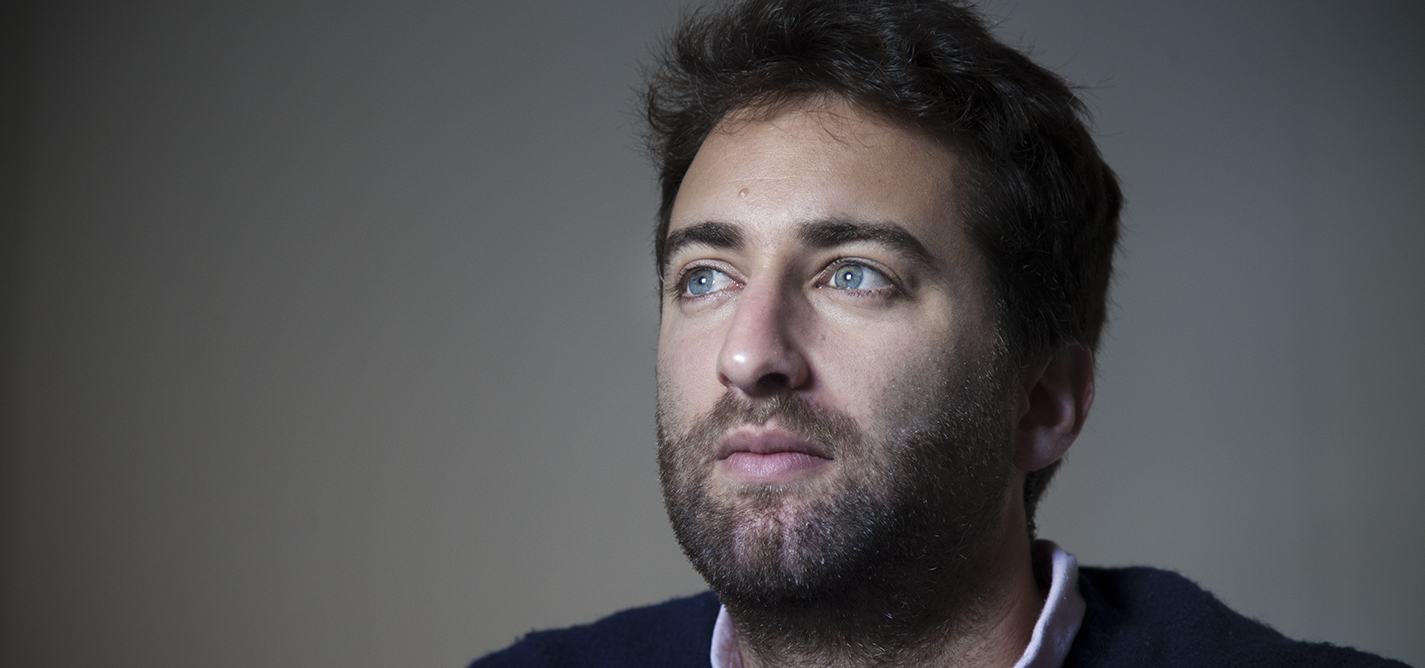
Matthew Caruana Galizia: The EU needs an international anti-corruption court
Pulitzer Prize winning Panama Papers journalist talks fighting corruption and justice for his mother’s assassination.
"In many countries it reaches a point where there is simply nothing you can do. If you’re in a threatening situation, nothing that you’re trained to do can guarantee your security. "
"Journalists don’t realize that self-censorship is a problem; they think it’s normal and they don’t report it, they don’t draw attention to it."
"The EU made a huge mistake in turning a blind eye to Malta for such a long time. I think that this should be an enormous fear for Kosovo as well. "
"We need to have an international anti-corruption court, a prosecutor that has jurisdiction over individuals within member states, specifically to fight corruption."

Cristina Marí
Cristina Marí is a board member of K2.0. Cristina has a bachelor’s degree in journalism from the University Complutense of Madrid in Spain and the University of Bucharest, Romania.
This story was originally written in English.